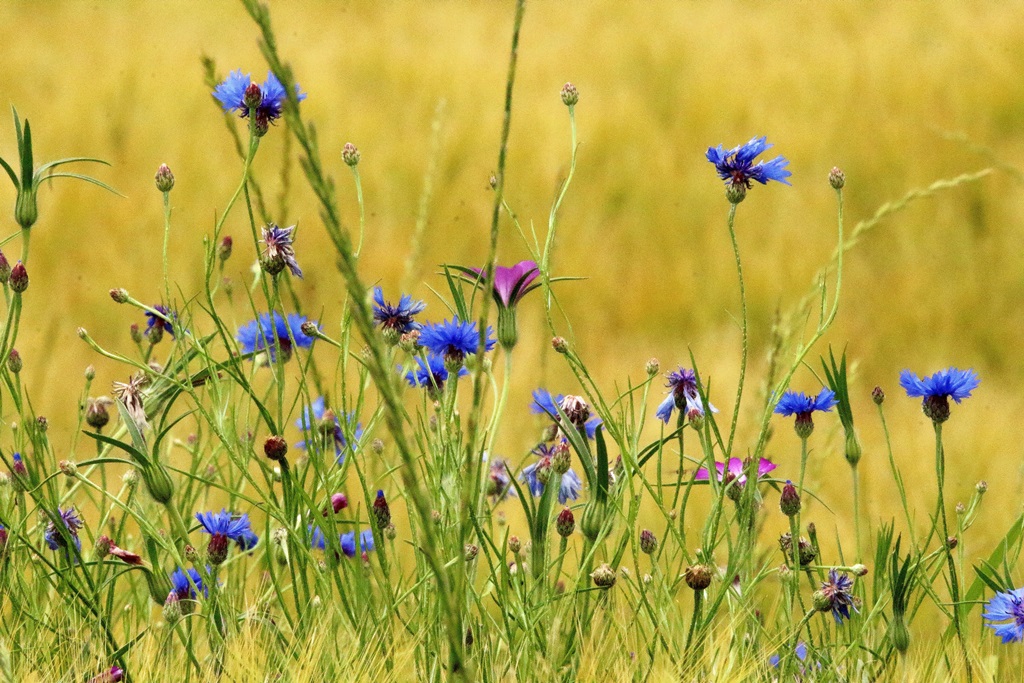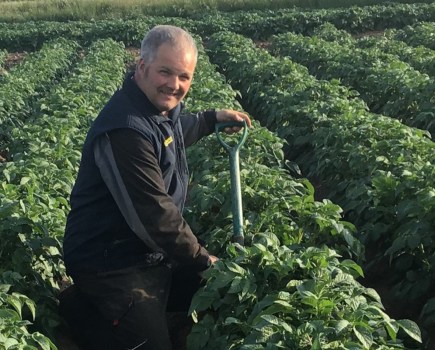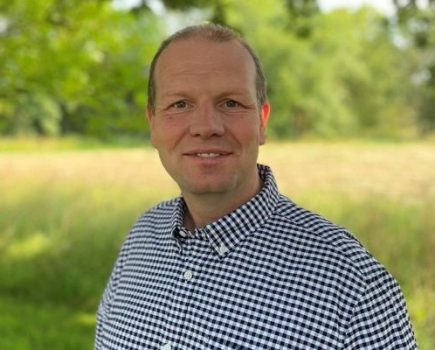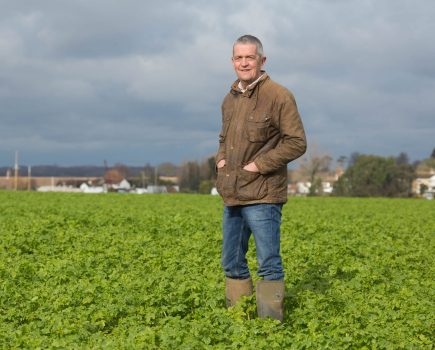 There’s something that seems a little bit wrong in a world where countries commit to reaching a net zero position but in the next breath are heralding the day when Tim-Tams from the other side of the world are on the supermarket shelves and meat is being flown across the Atlantic. I’ve been struggling to square the circle because from an environmental perspective it just makes no sense. But perhaps there’s a cunning (or should I say Cummings) plan?
There’s something that seems a little bit wrong in a world where countries commit to reaching a net zero position but in the next breath are heralding the day when Tim-Tams from the other side of the world are on the supermarket shelves and meat is being flown across the Atlantic. I’ve been struggling to square the circle because from an environmental perspective it just makes no sense. But perhaps there’s a cunning (or should I say Cummings) plan?
Living in a world where politics has become like a mixture of Black Adder and Austen Powers, businesses across the board are finding it difficult to plan for the future, and none more so than agriculture where a wholesale change is already underway with the passage of the Agriculture Bill. Even greater change is likely depending on the trade agreements struck across the world.
Unless the plan is to emulate Trump and drop out of the Paris Agreement then it seems likely that carbon offsetting may well become an important use of land in the UK. At Cereals Live last month, natural capital featured highly in the series of business webinars and a whole new industry seems to be springing up around it – possibly because natural capital accounting requires a certain sort of brain! But it’s not just business management firms that are targeting their services in this direction, there’s also companies now operating to trade these carbon offsets.
An interesting talk by Prof David Hill of The Environment Bank explained how it could bring together landowners who could offer environmental services – such as long-term wildflower meadows – with developers who needed to offset carbon cost. The intention is to set up large-scale habitat banks under 30-year conservation credit agreements and these could be for long-term unimproved grassland or wildflower meadows, wood meadows, woodlands, wetlands or rewilding – each of which will be assessed for its value in terms of conservation credits.
The idea is to bring a long-term income stream to the landowner, with an initial capital payment in year one and a yearly maintenance payment thereafter. For a 40ha bank of unimproved grassland (which receives the lowest level of return) this would generate the landowner £4,500/ha initially, followed by £625/ha/annum for the life of the agreement. The advantage of the habitat bank is that a commitment to 30 years in grass and can be returned to cropping easily after this time, which isn’t the case for woodland schemes. Grass/wildflower meadows at least offers that flexibility – albeit in the longer term.
A subsidiary of Wessex Water, EnTrade, is working with growers to provide carbon offsets for private sector buyers – a market it estimates to be worth £500M by 2030. Their view is every piece of agricultural land has the potential to bring environmental services, with cover crops, for example, currently worth about £100/ha in this role.

Wildflower meadows may provide a secure income stream in the future.
The potential scale of this relatively new industry is fairly mind-numbing and perhaps a difficult concept for those whose main love is growing crops. Yet it’s hard not to see that natural capital schemes may help provide a backstop for some businesses if conventional market outlets start to turn sour. But it’s more than that, accumulating natural capital goes hand in hand with farming well, sequestering carbon and respecting the soil for the precious resource that it is. Turning natural capital into an income stream makes sense.
There are times when it’s easy to feel disconsolate about the value attached to British food and the standards it’s produced to. In all likelihood trade will trump any attempts to create a level playing field on this front, but that doesn’t mean British farmers are done for. Perhaps some land will go out of production but there’s a lot of marginal land where the costs of production aren’t putting incomes the right side of the red line – would these areas be more profitable earning environmental credits? Could UK produce attract a premium and better reflect the care that goes into its production?
As the saying goes, ‘Never be afraid of change – you may lose something good, but you may gain something even better.’ There is no doubt that change is coming but the route to profitability may now, more than ever, literally be under your feet.
Based in Ludlow, Shrops, CPM technical editor Lucy de la Pasture has worked as an agronomist. @Lucy_delaP




